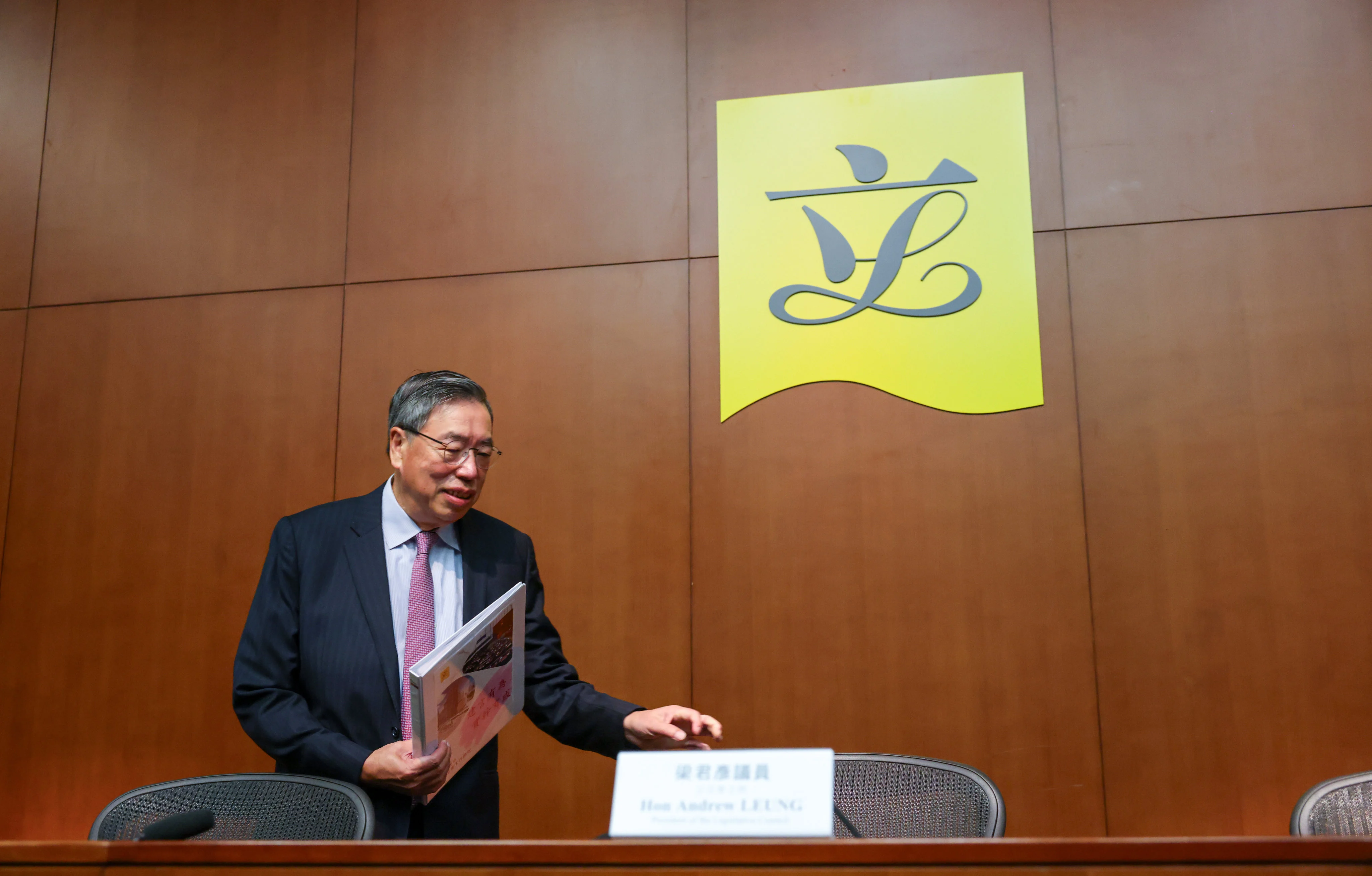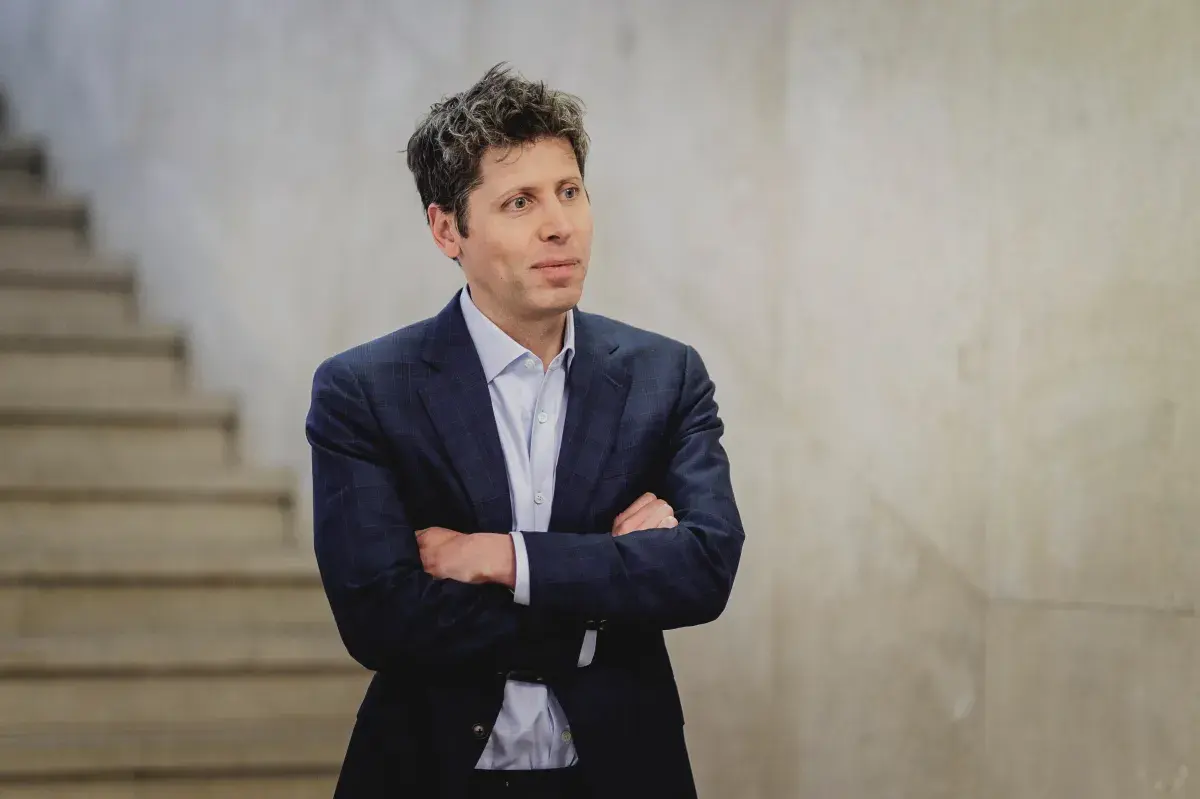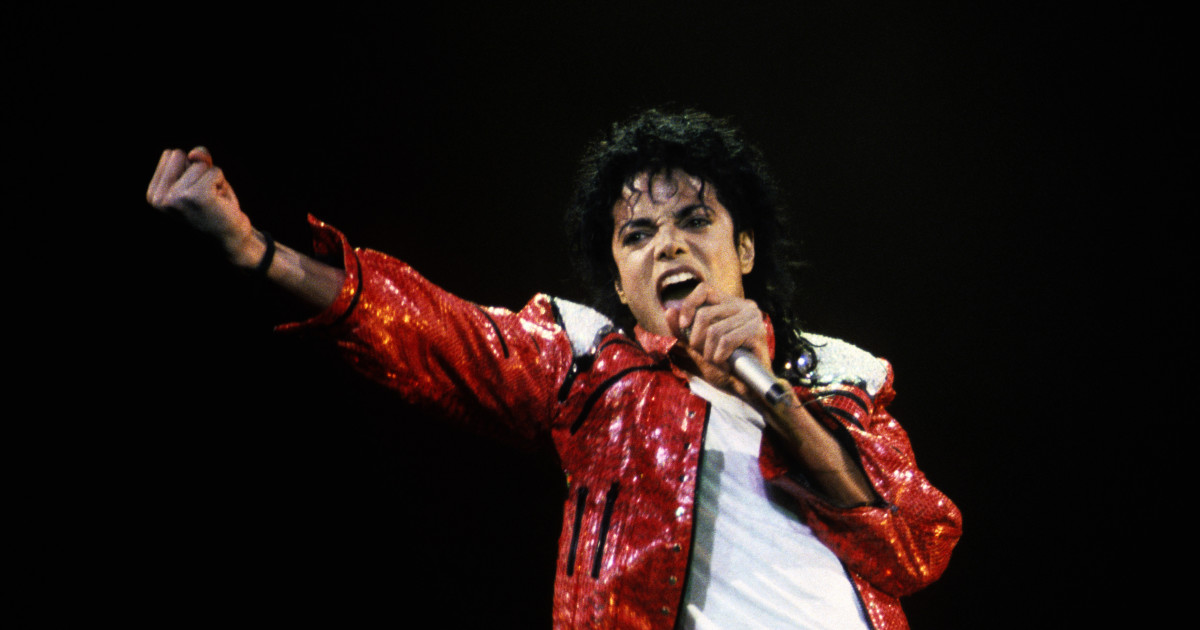Copyright scmp

Andrew Leung Kwan-yuen has the patience of a Buddha, a temperament which may explain why he managed to chair the Legislative Council for nine long years. Those tumultuous years included the unprecedented anti-government riots in 2019, followed by the economically damaging Covid-19 pandemic, and yet he almost never lost his temper in public. But even Leung got a little testy at a news conference last month before the end of the seventh Legco. “If there were 90 legislators and more than 80 were re-elected, what would you say then?” The Legco president, who has announced his retirement, asked this question rhetorically. He was, of course, being asked for the umpteenth time why so many lawmakers such as himself are not seeking re-election in December. Since September, mainly older – those above 60 – but also a few much younger ones have announced their retirement from the chamber. Speculation spread, conspiracy theories went viral. Was this a “political purge” by Beijing? Has a “blessed” list of approved candidates been drawn up by the Hong Kong and Macau Affairs Office (HKMAO)? (The office has denied there is such a list). Among the most recent announcements have been the New People’s Party’s Regina Ip Lau Suk-yee and Lai Tung-kwok. Prominent parties such as the Democratic Alliance for the Betterment and Progress of Hong Kong, Liberal Party and Business and Professionals Alliance for Hong Kong will all have to field fresh candidates to fill a substantial number of seats being vacated. Only the Federation of Trade Unions is planning to compete with all its incumbent lawmakers in December. Younger lawmakers who are calling it quits include Doreen Kong Yuk-foon and Gary Zhang Xinyu. So what’s going on? Have Kong and Zhang been too outspoken, whatever that means, for the government’s taste, as some have speculated? Is Beijing trying to replace local lawmakers with “new Hongkongers”, those with closer mainland ties or from Chinese companies, or members of the National People’s Congress and the Chinese People’s Political Consultative Conference? I am a simple man and prefer simple explanations. I rather think Beijing, and more specifically, HKMAO have full confidence in the electoral system that has emerged from the 2021 systematic overhaul to produce suitable and qualified lawmakers by their standards. So there is zero reason for them to interfere with the election. HKMAO much prefers a transparent and fair but competitive election. The revamped electoral system is designed to encourage patriotic but also professional people with expertise in the future Legco, which is faced with increasing challenges from the local economy and outside forces. At this critical juncture for the nation, Legco needs professionals and experts who are also fully aware of the national development agenda as it has been spelled out in Beijing’s new five-year plan, and who can help align the future development of Hong Kong with it. Every political party and system needs a constant infusion of “new blood”, otherwise they will ossify. As Leung observed at the same news conference, in every Legislative Council term, between 30 and 40 per cent of legislators would not seek re-election, so the current development, while somewhat significant, is not unusual. This is not to say that with the retirement of so many experienced lawmakers, there won’t be risks. It takes time for a political party to groom new operatives, and with the next election coming so soon, name recognition will be an issue. That in turn may diminish voter turnout. However, the new political reality in Hong Kong is that opposition electioneering – appealing to voters with promises that couldn’t be kept, attacking Beijing for interfering in Hong Kong, then obstructing and disrupting Legco business once elected – is a thing of the past. The revamped Legco operates more like a machine to aggregate diverse interests across society and to represent them in a much more cooperative manner with the government than constant confrontation. That’s why it has 90 seats, a third higher than for the previous Legco term, with 18 panels, and their subcommittees, and over 35 bills committees working in 2025 alone. Legislative work may appear less newsworthy without all the shouting and physical fights as before. That’s also why the last Legco didn’t have the same name recognition as previous ones. Leung draws a good analogy. “A play may have 90 main characters but as an audience member, you wouldn’t be able to recognise all of them, let alone Legco members who are not acting but doing real work.”



